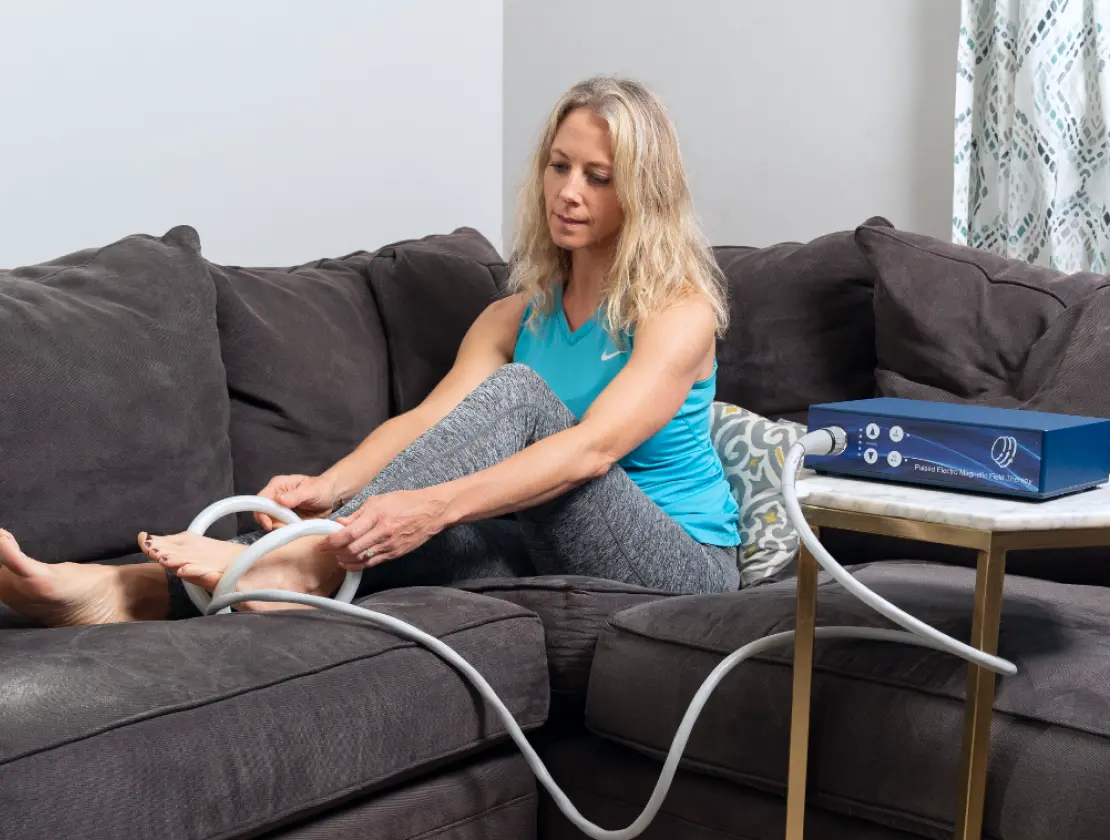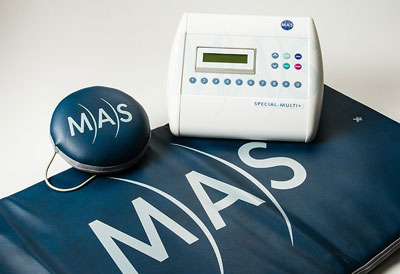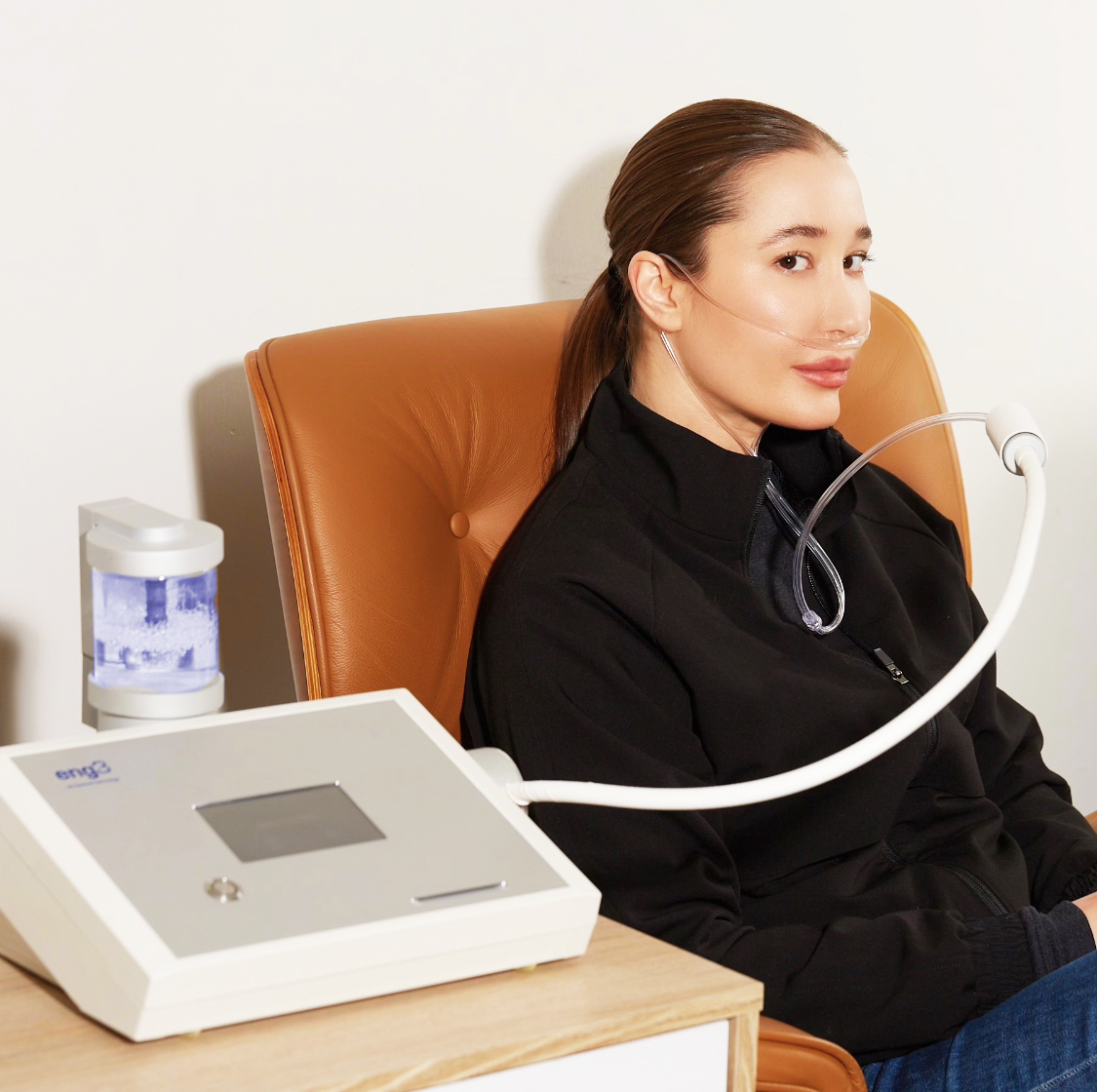
What is Homeopathic Treatment?
Dr. Samuel Hahnemann developed homeopathic treatments in the late 18th century based on the principle of “like cures like.” This principle uses substances that cause symptoms in healthy people in highly diluted forms to treat similar symptoms in sick people. Practitioners derive these treatments from plants, minerals, or animals and dilute them until little or no trace of the original substance remains. People worldwide widely practice homeopathy, but experts continue to debate its effectiveness. Supporters claim that it stimulates the body’s natural healing abilities, but there is little scientific evidence to back these claims, with many studies showing results no better than those from placebos.
Critics argue that homeopathy focuses on alleviating symptoms rather than addressing the root causes of illness. Additionally, extreme dilutions contradict conventional scientific principles because active ingredients dilute so much they may have no measurable effect. Researchers have criticized most studies comparing homeopathic treatments to placebos for poor quality, small sample sizes, and methodological flaws. As a result, many within the medical community remain skeptical, urging caution when considering homeopathic treatments, especially when more evidence-based treatments are available. Despite this, homeopathy continues to have a significant following worldwide, underscoring the ongoing debate about its validity.
Should you try homeopathy?
According to the 2012 Health Interview Survey, about 6 million people in the U.S. used homeopathy last year. Most purchased homeopathic products on their own. Homeopathic medicines come in many forms, including tablets, gels, liquid drops, creams, and sugar pellets. People can buy these products in stores or online. While most homeopathic remedies are generally harmless, there is no strong evidence supporting their effectiveness for any health conditions. Homeopathy should never replace standard immunizations. If you consider homeopathic treatments, consult a physician first. Do not substitute homeopathy for conventional medical care.
TREATMENTS

IV Vitamin C
IV Vitamin C involves delivering high doses of vitamin C directly into the bloodstream via an IV drip, bypassing the digestive system.People use it to treat vitamin C deficiencies, boost immunity, and support alternative therapies for chronic fatigue, infections, and cancer, though science has not proven its effectiveness for cancer.
Alkaline Protocol
The Alkaline Protocol Treatment aims to balance acid-forming and alkaline-forming foods to support the body’s natural healing. It focuses on a plant-based diet high in vegetables and limits acid-forming foods like sugar, dairy, and processed grains. This approach is believed to aid in cancer prevention, recovery, and enhance immune function and overall health.


Insulin Potentiation Therapy (IPT)
Insulin Potentiation Therapy (IPT) enhances chemotherapy by using insulin to target cancer cells, reducing the need for high doses and minimizing side effects like nausea and hair loss. This safer, more effective approach offers a gentler alternative for cancer treatment.
EBOO/RHP Ozone Therapy
EBOO/RHP is an advanced ozone therapy that purifies and oxygenates the blood outside the body. It involves drawing blood, treating it with medical-grade ozone, and returning it to the patient, promoting detoxification and boosting natural defenses. This therapy, available in Irvine, uses specialized equipment for optimal safety and effectiveness, often providing patients with immediate revitalization.


Hyperthermia Treatment
Hyperthermia is a treatment that involves raising the temperature of body tissues to as high as 113°F to damage and destroy cancer cells, with minimal impact on healthy tissues.
HOCATT Therapy
HOCATT (Hyperthermic Ozone and Carbonic Acid Transdermal Therapy) is a non-invasive treatment that combines ozone therapy, carbonic acid, far-infrared radiation, and steam to improve circulation, boost immunity, and enhance oxygenation. It supports detoxification and overall well-being, making it a valuable complementary therapy for cancer patients to enhance conventional treatments and reduce side effects.


PEMF Treatment
As more prostate cancer patients seek alternative and complementary therapies, PEMF (Pulsed Electromagnetic Field) therapy has emerged as a potential option. This non-invasive treatment uses electromagnetic fields to stimulate cellular repair and promote overall wellness.
Mas Mat Treatment
Mas Mat is a unique alternative therapy designed to support the body during cancer treatment by focusing on detoxification, immune system support, and overall wellness. The therapy combines several holistic healing principles and therapies, potentially offering relief from symptoms and enhancing the overall treatment process.


Nano Vi
NanoVi therapy is an emerging and promising technology that is gaining attention as an alternative or complementary treatment for cancer, including prostate cancer. This non-invasive therapy harnesses the power of biophotonics to stimulate the body’s natural healing processes and promote cellular repair.
UVBI Therapy
Ultraviolet Blood Irradiation (UVBI) therapy is an alternative treatment that has been explored for various medical conditions, including cancer. This non-invasive procedure uses ultraviolet (UV) light to treat a patient’s blood outside the body. For prostate cancer patients, UVBI may offer a complementary therapy aimed at supporting recovery and improving the overall treatment process.


Natural herbals & botanicals
The use of natural herbs and botanicals for health benefits has been practiced for thousands of years. In the context of prostate cancer, these natural remedies are gaining attention as alternative or complementary treatments.